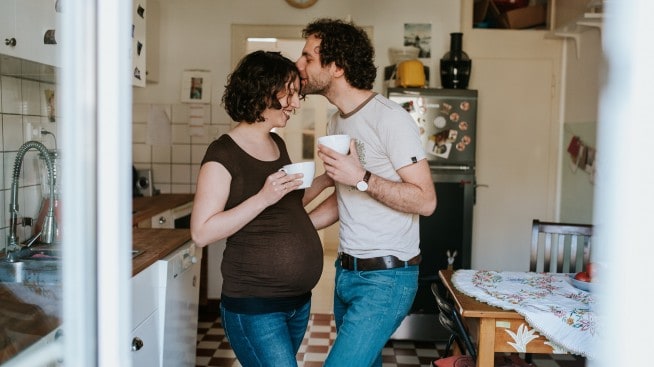Your guide to gated communities

You may have passed, or even visited, a neighborhood that requires a special password or code. You roll up in your car and there’s a person waiting there to check if you have access to go beyond those shiny gates. This type of mysterious and possibly luxurious neighborhood is known as a gated community. Gated communities are known for their exclusivity and sense of community. If you’re interested in learning more about gated communities or possibly considering purchasing a home within one, keep reading.
What is a gated community?
Gated communities are typically enclosed by walls or gates to provide you with a sense of security or exclusivity. Some gated communities have a guard waiting at the front to monitor those coming in and out. There’s usually one entry lane reserved for residents and a separate one for visitors.
As a resident, you’re able to come and go as you please, often using a special remote or attachment to your car … and your access doesn’t just stop there. Gated communities typically have other facilities within the neighborhood, including pools, recreational centers, clubhouses and athletic facilities.
Non-residents typically need to speak to the guard at the gate and explain who they’re visiting. In some, more suburban communities, the guard might scan a visitor’s license plate or check IDs to confirm their identity. Next, they’ll likely call the resident or check a guest list (which residents may need to have put you on beforehand) before letting the visitor in. If the community doesn’t use a guard to work the entry, there may be a call button or a place to enter a code and open the gate instead.
Gated community requirements
Buying a home in a gated community often means participating in a homeowners association (HOA). Homeowners associations collect dues from community members, to be used for maintenance and upkeep of the neighborhood facilities. The association also governs the neighborhood, with rules meant to help keep its residents safe and maintain the neighborhood to a certain standard. They may even affect the types of houses built in the neighborhood.
How much does it cost to live in a gated community?
The cost to live in a gated community depends on several factors: location, the home you buy, the available amenities and the cost of the HOA fees. The safety, exclusivity and quality of life that’s part of most gated communities often makes them more expensive to live in than a home in a traditional neighborhood.
Pros and cons of living in a gated community
While living in a gated community may be the right decision for some people, there are potential drawbacks to consider as well.
Pros of living in a gated community
- Safety and exclusivity: One of the major benefits of living in a gated community is the safety and exclusivity it aims to provide. Only residents may come and go as they please. Other guests must be vetted by a guard or given access by the resident. This makes the neighborhood more secure and exclusive.
- Fun amenities and sense of community: Gated communities often have a host of amenities within the neighborhood. You may find a swimming pool, recreational center, clubhouse, gym or more. These may provide more opportunities for residents to connect than they might have had in other neighborhoods. If you have kids or are moving to a new city, this sense of community may provide additional convenience and comfort.
- Neighborhood upkeep: The HOA is meant to keep the community organized. This typically includes regular maintenance and landscaping of common areas. If you live in a cold climate, this can be especially helpful during those harsh winter months when the HOA often takes responsibility for plowing and de-icing the streets.
Cons of living in a gated community
- Extra costs: The extra costs that often come with a gated community may not be worth it for everyone. Depending on the neighborhood and amenities, the HOA fees may be steep too. If the community wants to renovate or add new features, your HOA fees might be raised to help cover the costs of the work.
- Dealing with entry and exit rules: While the actual “gate” part of the gated community is meant to keep things safe and exclusive, for some, this might be a nuisance. A casual pop-by from a friend or a package delivery may become more complicated than you'd otherwise prefer.
- Potentially less convenient locations: Large, gated communities may be tucked away from everyday conveniences. It may take a bit longer to hop over to a grocery store or run errands nearby.
In summary
Gated communities are neighborhoods enclosed by walls or gates, often with a guard or other system that monitors who’s coming in and out. Gated communities offer a sense of safety and exclusivity for the residents and fun opportunities to connect in clubhouses or other recreational facilities. While HOAs help keep gated communities looking pristine, the extra costs may be a sizeable consideration when deciding if a gated community makes sense for you.



